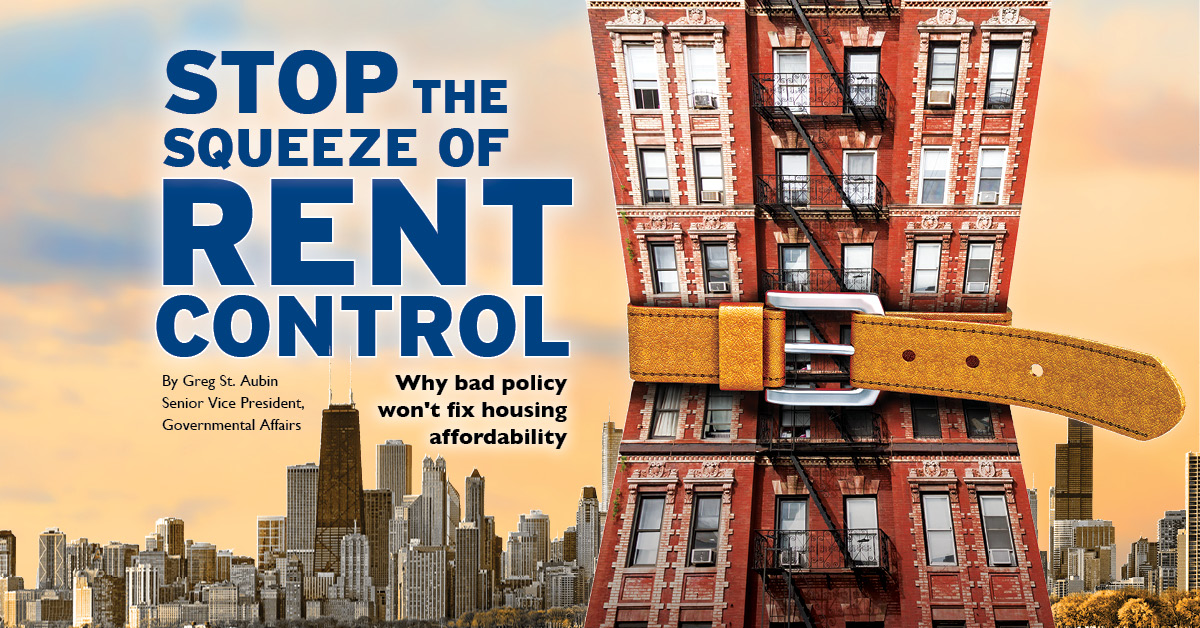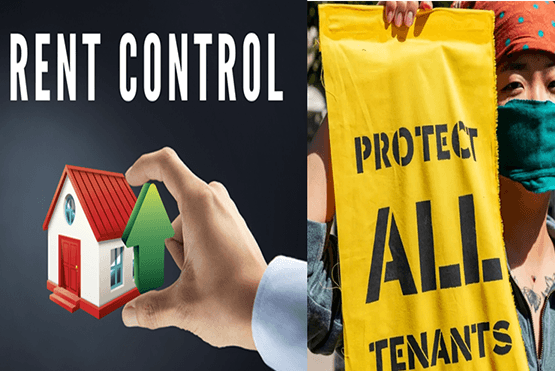In 1994, Massachusetts voters approved Question 9, a ballot initiative that banned rent control statewide. It was a vote in favor of economic fairness and basic property rights, and it established a consensus that has stood for 25 years: Rents should be regulated by supply and demand, not by politicians. For years, heavy-handed rules governing what landlords could charge for their property had wreaked havoc on housing markets in Cambridge and other communities. With the 1994 election, those rules were finally laid to rest.
But now a handful of Democratic lawmakers want to bring the horror of rent control, like Boris Karloff in “The Mummy,” back from the grave.
This isn’t happening only in Massachusetts. Though voters in California last November handily defeated a ballot measure to revive rent control, Oregon’s governor just signed a statewide rent-control law and efforts to overturn rent-control bans are underway in Illinois, Colorado, and Washington state.
Like the benefits of vaccination and the dangers of smoking, the folly of rent control is so well-established that to deny it requires, as Hillary Clinton might say, a willing suspension of disbelief. Massachusetts and most other states have banned rent control because the harm it causes far outweighs any benefit it confers. When politicians impose a ceiling on rent, the results are invariable: housing shortages, depressed real estate values, increased decay, less new construction.
By definition, rent control holds the price of housing below what the market will bear. At artificially reduced rents, demand for rental housing rises, but incentives to supply more housing — and to maintain the quality of existing housing — fall. Turnover shrinks, as tenants grow reluctant to give up apartments with low rents. The longer rent control persists, and the more harshly it is enforced, the worse the problem grows. One basic economics textbook notes that in New York City, where strict rent controls date back to World War II, the annual rate at which apartments turn over is less than half the national average, while the share of tenants who haven’t moved in more than 20 years is more than double the national average.
“Half a century of rent regulation has created a permanent shortage of decent homes by keeping apartments off the market and encouraging landlords to neglect their buildings,” reported The New York Times in 1997. “The shortage isn’t being eased by new apartments, because developers have been frightened away by the rent regulations and stifled by a host of other restrictions.”
Acknowledging the damage caused by rent control is neither a right- nor left-wing issue. It was staunch free-market economist Walter E. Williams who wrote in 1987 that “short of aerial saturation bombing, rent control might be one of the most effective means of destroying a city.” It was the communist foreign minister of Vietnam who made nearly the identical point in 1989: “The Americans couldn’t destroy Hanoi,” Nguyen Co Thach remarked, “but we have destroyed our city by very low rents.”
When Massachusetts voters struck down rent control in 1994, it was in the teeth of preposterous fearmongering by hardline tenant activists, who insisted that thousands of renters would be thrown in the streets and that elderly heart attack patients would die.
What happened in reality was that tens of thousands of apartments were decontrolled with no ill effects and no deaths. Economist Rebecca Diamond published research showing that property values in Cambridge — where rent control regulations had been especially stringent — soared by $2 billion in the decade following the passage of Question 9, raising incentives for landlords to rehabilitate dilapidated properties and for developers to build new housing. The idea that rent control makes housing more affordable is a short-term illusion, she concluded. “In the long-run [it] decreases affordability, fuels gentrification, and creates negative externalities on the surrounding neighborhood.”
Affordable housing remains a serious concern in much of Massachusetts. It isn’t cheap to rent an apartment in the state’s most popular and desirable communities. Forcing property owners to charge less than market rates for rent, however, is the surest way to make the problem worse, as Governor Charlie Baker observed last month. “Rent control will stifle the production of new housing,” he said. “That’s exactly the wrong direction we should go.”
In the bad old days before Question 9, researchers found that rent-controlled properties in Cambridge were disproportionately occupied by tenants in their 30s and 40s, while the elderly were far less likely to benefit from suppressed rents. When tenants were analyzed by occupation, it was high-earning professionals and managers who predominated among the beneficiaries of rent control; semi-skilled and unskilled workers lagged far behind. Rent control always ends up benefiting the young, strong, and well-to-do at the expense of the old, weak, and poor.
Massachusetts voters chose wisely when they scrapped rent control in 1994. Nothing good can come from resurrecting it now. Leave the mummy in its grave.
By: Jeff Jacoby, a columnist for The Boston Globe






Join The Discussion